Great Pianists Depend on Scales
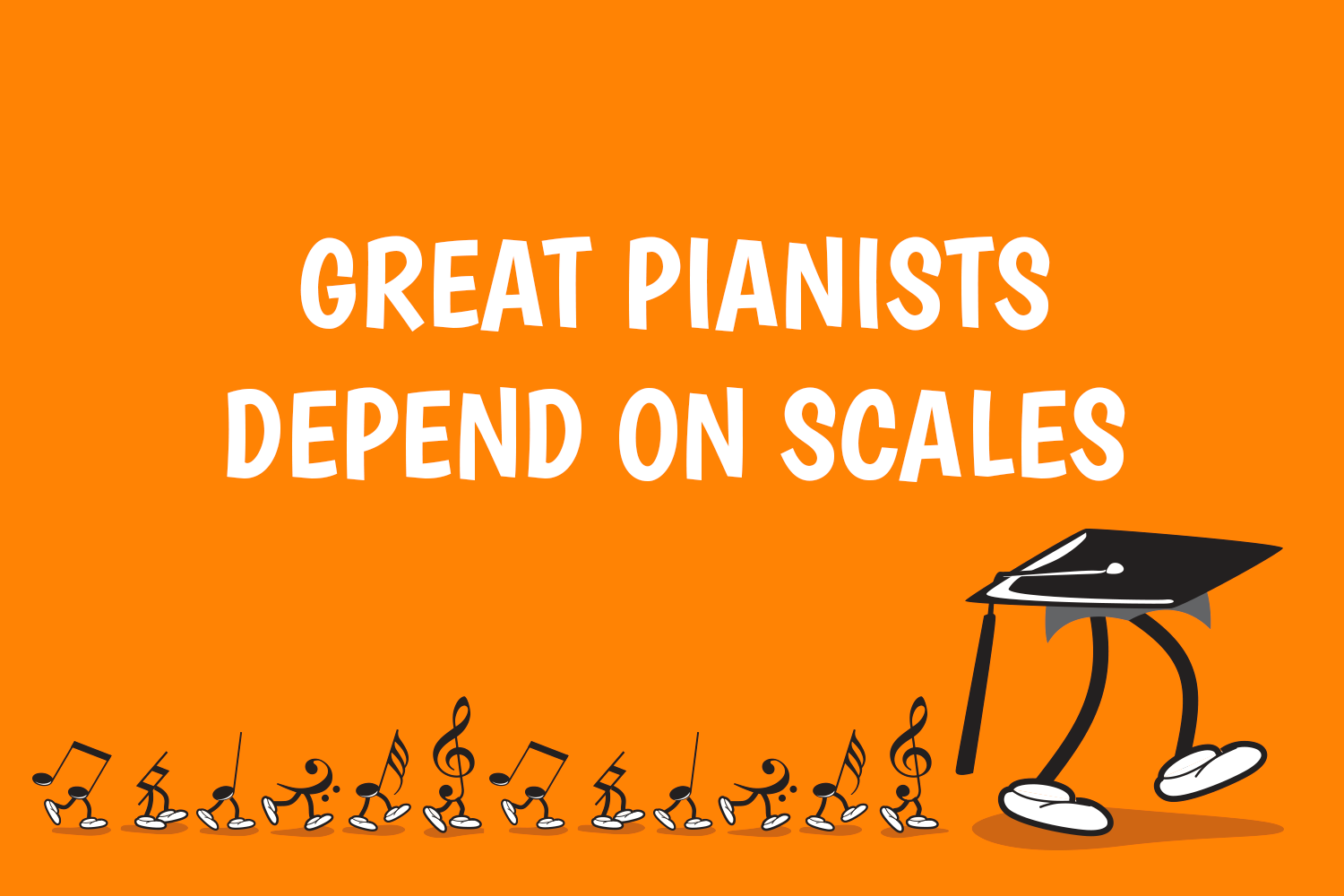
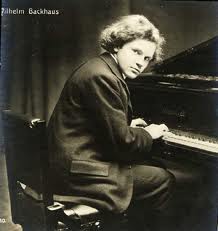 Wilhelm Backhaus: (Germany, 1884-1969)
Wilhelm Backhaus: (Germany, 1884-1969)
Backhaus was a most highly esteemed pianist. One of the greatest Beethoven exponents of his generation, he regularly toured the music centres of the western world, and his brilliant performances would often leave audiences open-mouthed. Asked about his remarkable command of the keyboard and his practice program for the concert stage, Backhaus said:
“Personally I practise scales in preference to all other forms of technical exercises when I am preparing for a concert. Add to this arpeggios and Bach, and you have the basis upon which my technical work stands. Pianists who have been curious about my technical accomplishments have apparently been amazed when I have told them that scales are my great technical mainstay – that is, scales plus hard work… and I may reiterate with all possible emphasis, that the source of my technical equipment is scales, scales, scales…”
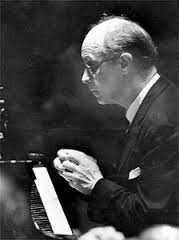 Rudolph Serkin: (Czechoslavakia, born 1903)
Rudolph Serkin: (Czechoslavakia, born 1903)
German-trained master pianist. One of the most distinguished exponents of the classics, especially Mozart, Beethoven, Schubert and Brahms. Serkin was famous throughout the US, Britain and Europe. His daughter has said that her father practised scales for nine hours before a concert, with only one hour devoted to his repertoire (one of the reasons was because his fingers were so wide that they got stuck between the black keys!) His long systematic method of practising scales assured that each finger would place itself at exactly the right spot.
“I am old fashioned. I practise scales and arpeggios that I might need but don’t always use… I practise and have practiced long hours. After five hours I begin to get warmed up.”
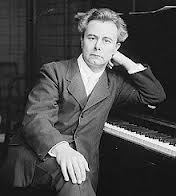 Josef Hofmann: (Poland 1876-1957)
Josef Hofmann: (Poland 1876-1957)
Hofman was a child prodigy at the keyboard. He began a recital tour of Europe at the age of 9, and became a US citizen in 1926. He gained worldwide fame through his breathtaking technique and inspired interpretations. Hofmann on scales:
“The study of scales is more than necessary – it is indispensable. The pedagogical experts of the world are practically unanimous upon this subject.”
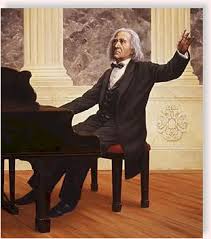 Carl Czerny, memoirs: (Austria 1791-1857)
Carl Czerny, memoirs: (Austria 1791-1857)
Carl Czerny learned from Beethoven himself and went on to teach the famous virtuoso pianist Franz Liszt.
“During the first lessons, Beethoven kept me altogether on scales in all the keys”.
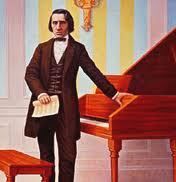 Frederic Chopin: (Poland 1810 – 1849)
Frederic Chopin: (Poland 1810 – 1849)
Chopin attached the greatest importance to scales and arpeggios. They were the basis of his own training, along with playing the studies of Clementi.
